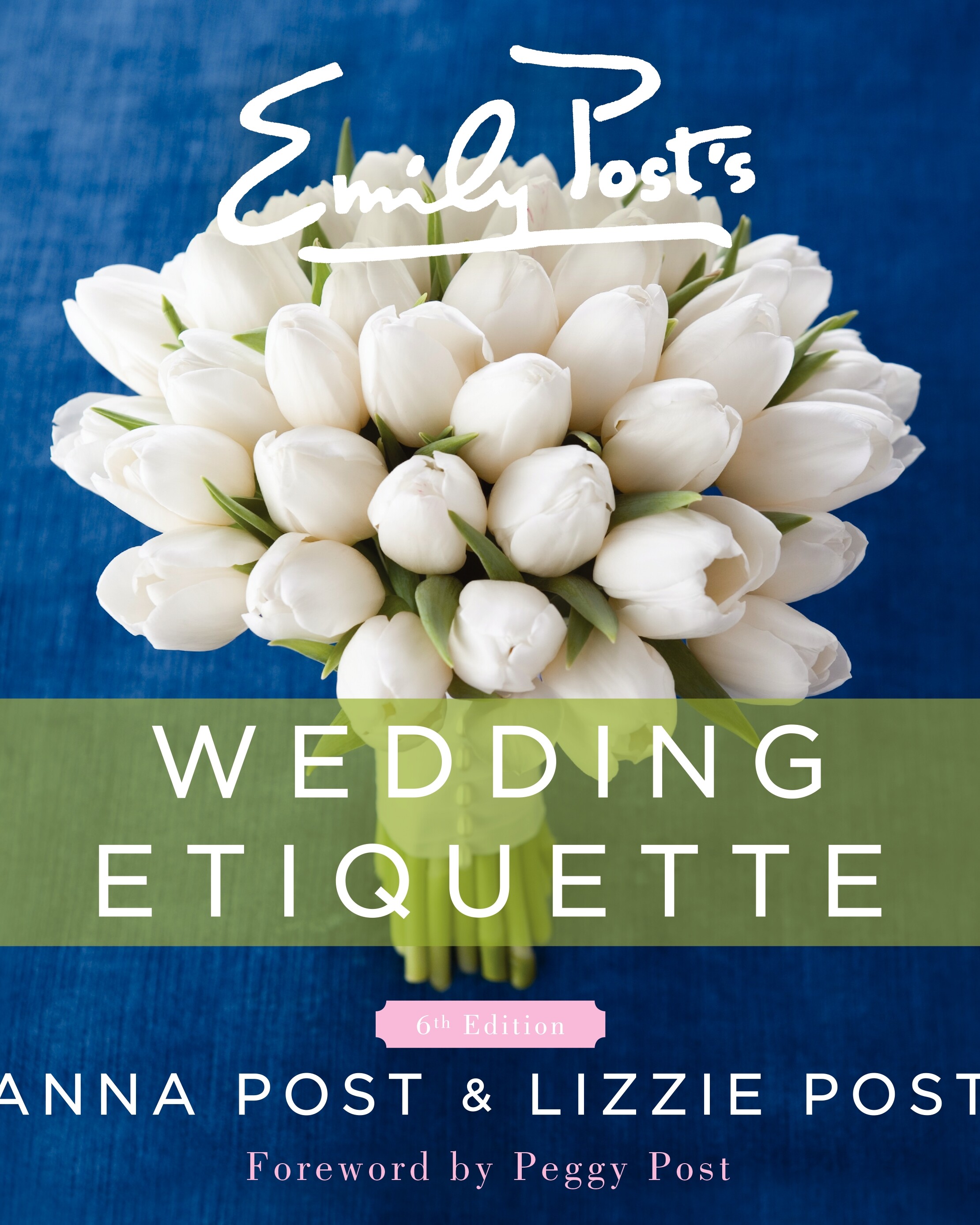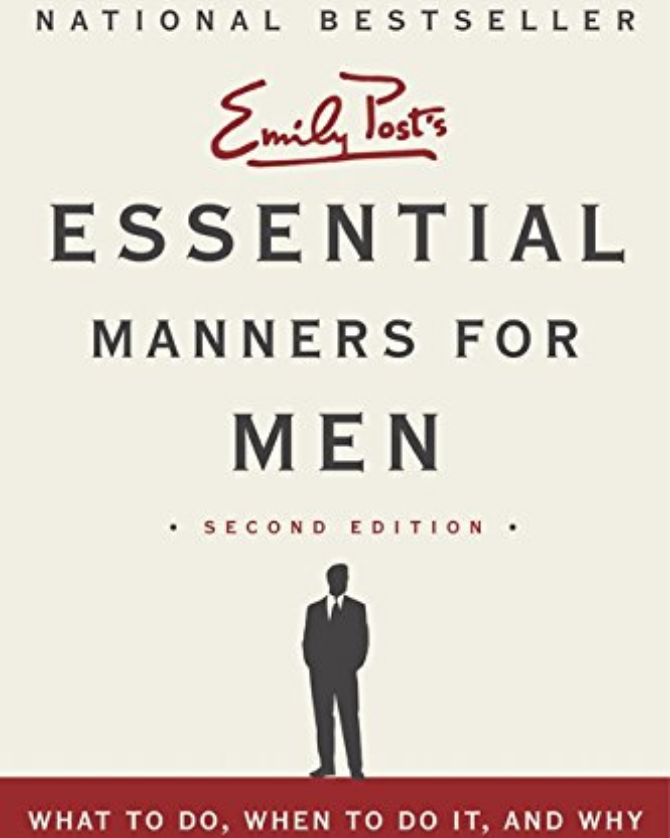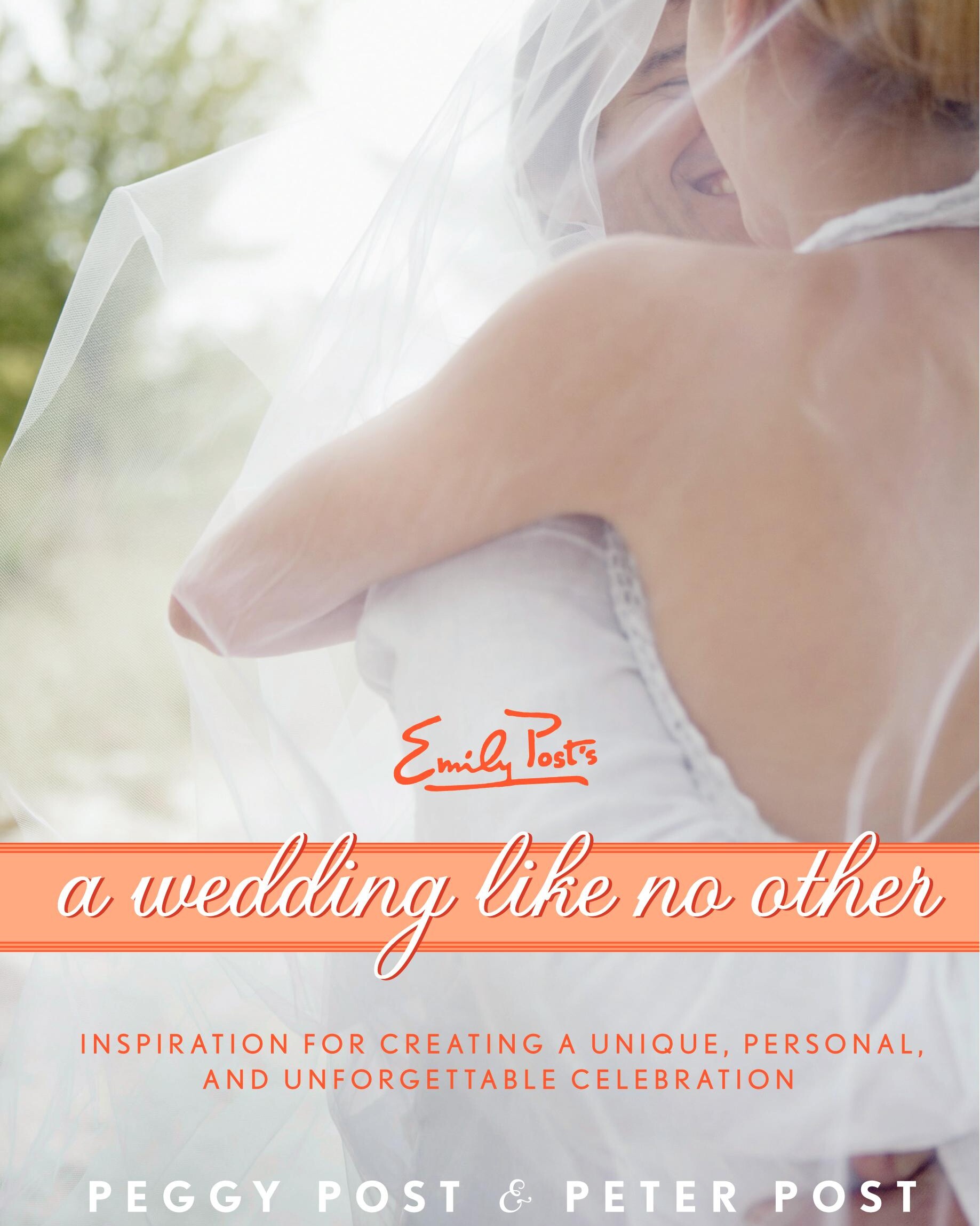
Vermont Vows: The Toast!

Serious, humorous, or poignant, toasts are an integral part of almost every wedding celebration. Each and every toast is different, and on such a special occasion, many friends and family members will be eager to share their sentiments with the bride and groom. While some people are complete naturals at giving toasts, others need a little help, whether they raise their glasses at the engagement party or the reception. To keep the cheer in cheers, the spirits high, and the champagne flowing, here are some tips on which parties call for toasts, who might give them, and what to say—or what not to say.
Who Gives a Toast?
Just about everyone involved with the wedding party will have an opportunity, if not an obligation, to make a toast. Definitely on tap are: the bride, the groom, the father of the bride, the father of the groom, the best man, the maid or matron of honor, and anyone hosting a party for the couple.
Engagement Party
The first toast is made by the father of the bride. Typically, it's made midway through the party—once all the guests have arrived and had a chance to mingle. If the groom's parents are present, a toast from his father is also a nice touch. After this, the floor is open to friends and other family to toast the couple, and the couple to toast their hosts, parents, and future in-laws.
Rehearsal Dinner Toasts
The first toast is made by the dinner's host—usually the groom's father—during the main course. The toast is often met by a "return toast" from the bride's father. Then it's open season—the mother's of the bride and groom, the best man and maid/matron of honor, other wedding attendants, family, and close friends.
Wedding Reception
Traditionally, the first toast at the wedding reception is made by the best man. This is the most formal of all wedding-related toasts, and it occurs after all the guests have been provided with champagne or a nonalcoholic alternative. At a sit-down dinner, the toast is made as soon as everyone is seated; at a cocktail reception, it's made after the couple arrives. It's fine if the best man's toast is the only one made. Often, the fathers of the couple will toast each other's families and the marriage of their children. The maid/matron of honor may offer a toast, and the bride and the groom may toast their families and each other.
Please Raise Your Glasses
It's hard to wing a good toast; it's better if you prepare your remarks ahead of time. You'll never go wrong if you keep it short and sweet. The best toasts last a minute or two—three at most—and can even be just a few lines:
I'd like to take a moment to congratulate Mike and Kathryn on their engagement. Let's raise our glasses to a long life filled with happiness and love for both of them. To Kathryn and Mike!
Known for your sense of humor? Jokes and funny stories about the bride and groom are fine; just keep the toast light and clean. Avoid personal stories, especially if they might be embarrassing to the couple:
I've known Mike since the third grade. When we were kids, he was famous for telling everyone, "You are not the boss of me!" Mike, I hate to break it to you, but Kathryn really is the boss of you now! Cheers to you both.
Then there's the tearjerker. If you want to express strong emotions, this is a great time, but if it doesn't feel natural, don't force it. Consider comfort levels, and save anything that should be said more privately for later:
Kathryn, you're my only sister! You mean the world to me, and I am so happy that you have found Mike. I love you very much, and I wish you all the happiness you deserve.
Practice, Practice, Practice!
Say it out loud, and get used to the sound of your own voice. It's fine to use a written copy or cue cards, but you'll sound more natural if you speak your toast instead of reading it.
This article originally appeared in Vermont Vows Winter 2010.











